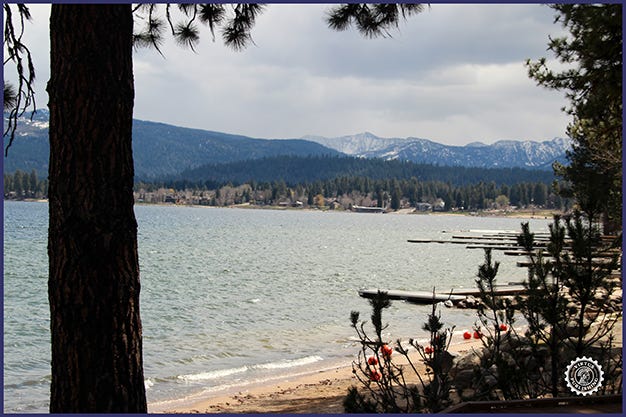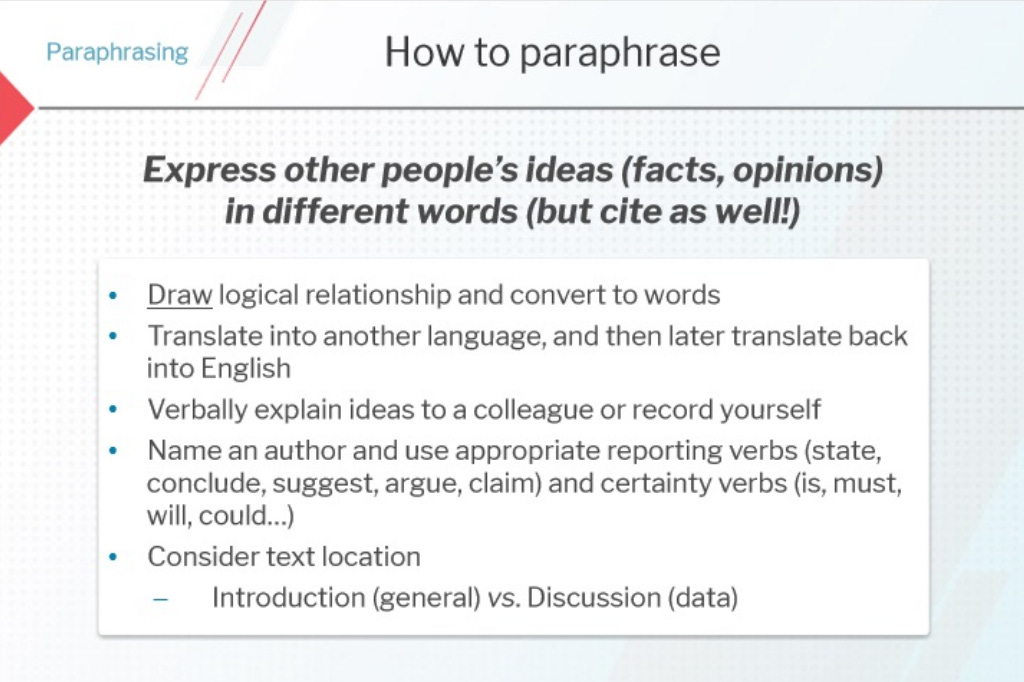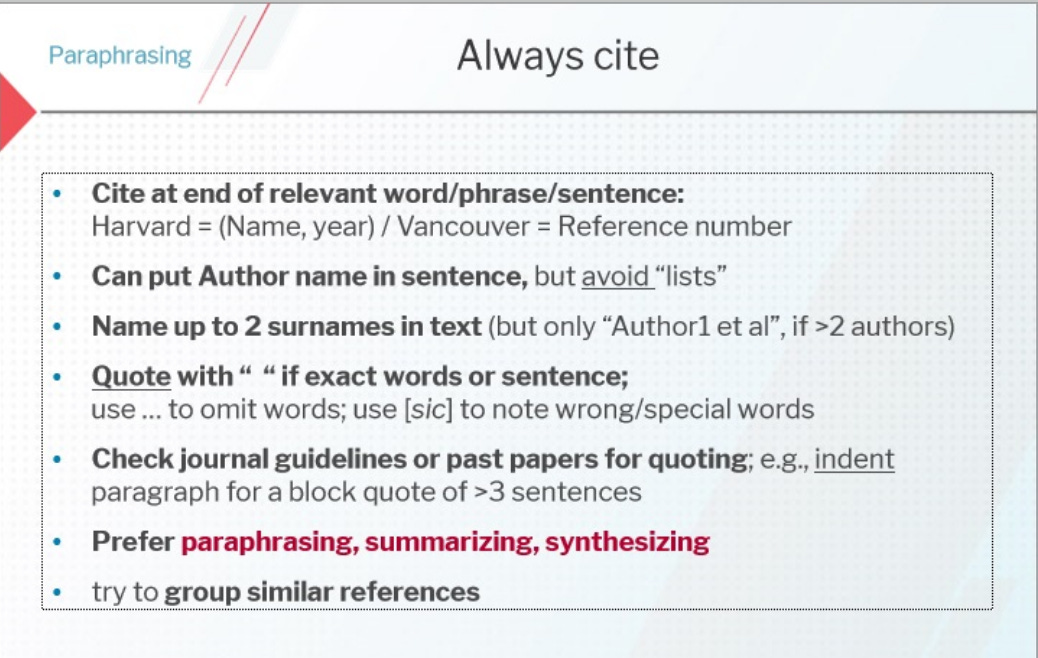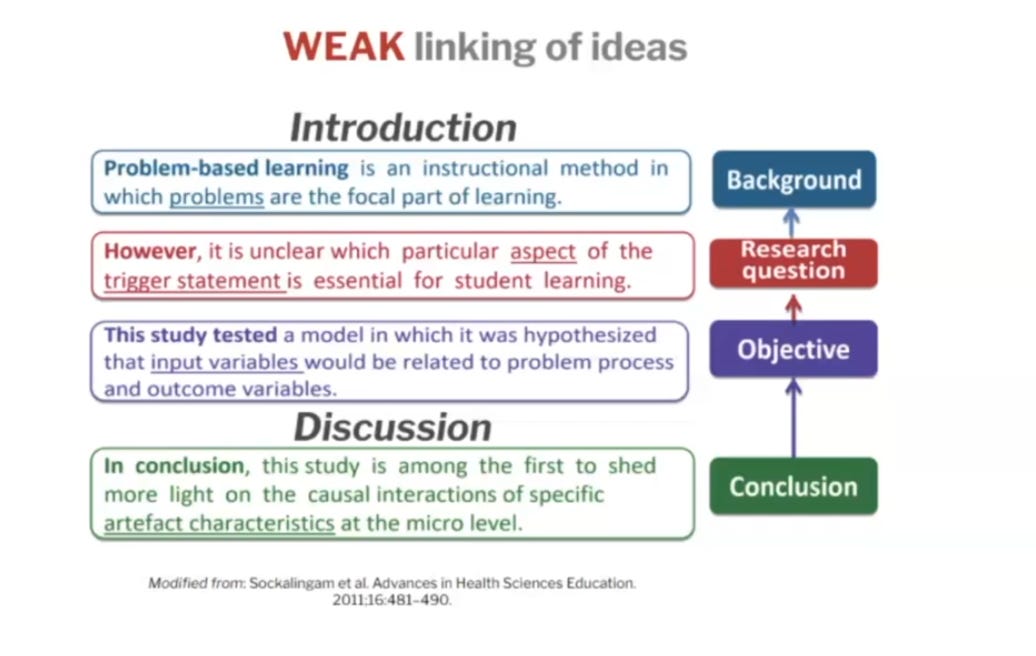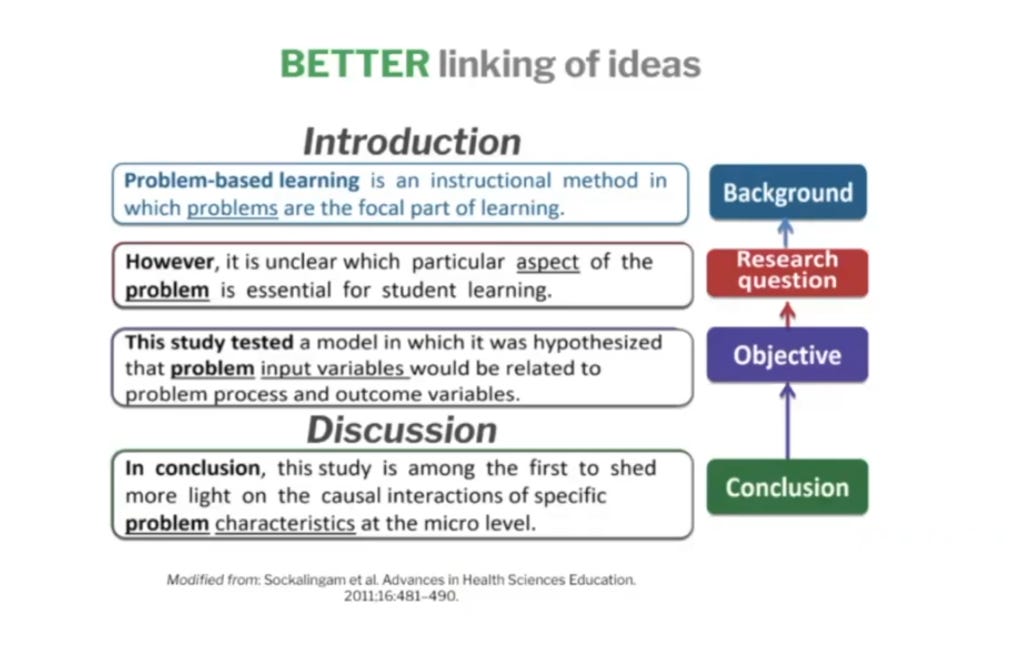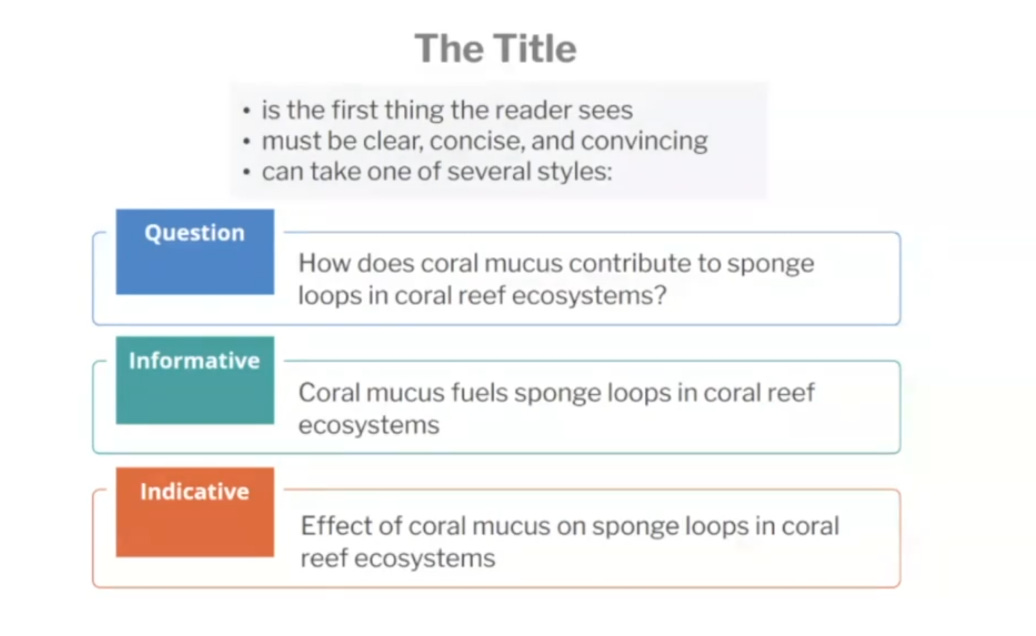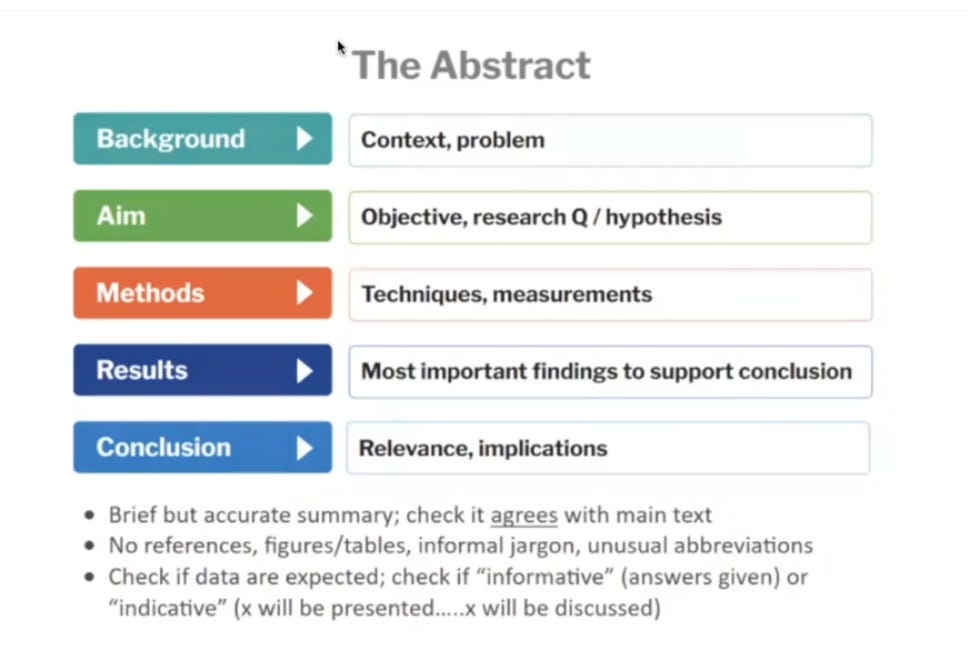Phrase be! Building Your Academic Phrase Bank (+ Virtus Publishing Language Tip #2: “Farther” versus “Further”)
Writing a scientific research paper requires more than knowledge about your study. It means explaining the important methods, findings, and implications of your study to other researchers and readers.
Phrase Be! Building Your Academic Phrase Bank
Writing a scientific research paper also means composing a paper at an academic level that will get your paper published in reputable journals. In order to do that, researchers need to understand what to include in their papers, where to put it, and how to write effective English phrases to explain their research.
This section is sponsored by Virtus Publishing: You can get 20% off self-publishing your book with Virtus ….
In a series of posts within posts, our friends at Virtus Publishing will provide tips and advice covering many aspects of publishing. This next series will be an ongoing selection of language tips, covering areas that many copy editors (and authors) find difficult. These will be short and to the point.
Virtus Publishing Language Tip #2: “Farther” versus “Further”
A very common area of confusion concerns the correct use of “farther” versus “further.”
Notice that I did not categorize this confusion as an error, the reason being that linguists and grammarians are somewhat in disagreement as to what is acceptable today.
Let’s dig into this a bit and refer to Merriam-Webster’s Unabridged Dictionary for definitions. I have left the complete definitions and examples intact. The end of the quoted material is denoted by a box (∎).
farther
adverb
1 a : to a greater distance in space : to a more remote place
<drive farther north>
<swallows … are gathering to fly farther away — Padraic Colum>
1 b : at a greater distance in space : at a more remote place
<farther down the corridor — Willa Cather>
1 c : at a greater distance in time
<it may go back still farther to racial Druid memories — Marjorie K. Rawlings>
1 d : more divergent
<nothing had been farther from his thoughts — C. S. Forester>
2: to or at a more advanced point : beyond a given limit
<if he could go a little farther … he might become a very fine poet — C. P. Aiken>
3: further
4: to a greater degree or extent
<we do not extend the one-man idea any farther than we have to — G. F. Eliot>
Synonyms:
beyond, further, yon, yonder
∎
further
adverb
1: at or to a greater distance : farther <drive further north> <further down the corridor>
2: to or at a more advanced point : farther
<“I perfectly agree with you, Mrs. Markham; but nothing can be further from my principles and practice than such criminal weakness as that.” — Anne Brontë, The Tenant of Wildfell Hall, 1848>
3: in addition : moreover
<if we further suppose — C. H. Sykes>
<further, when writing was finally popularized — A. N. Whitehead>
<he felt further that it was his place to be there — Ira Wolfert>
< … and I beseech you to believe me in saying further that should you become my wife it shall be the study of my life to make you happy. — Anthony Trollope, The Way We Live Now, 1875>
<Neurophysiological and behavioral similarities further suggest that humans and most other animals experience pain … in much the same way. — Michael Kubisch, The Toronto Star, 1 Oct. 1991>
4: to a greater degree or extent : farther
<needs to look further into this matter>
Synonyms:
beyond, farther, yon, yonder
∎
What’s confusing to many is that most dictionaries show these as synonyms of each other. But in practice, this is very often not the case.
I tend to agree with the explanation offer by the Grammar Girl website:
The quick and dirty tip is to use “farther” for physical distance and “further” for metaphorical, or figurative, distance. It's easy to remember because “farther” has the word “far” in it, and “far” obviously relates to physical distance.
∎
Where I listed the definitions above, definition 3 for “farther” and definition 1 for “further” are what I’d regard as exceptions.
Further confusing the situation is that British English authors often use both for physical distance, but only “further” for the “to a greater degree or extent” use.
Examples
Let’s look at examples of how “farther” and “further” would be used in the more common sense.
On our trip, I wanted to visit the lake, but it was farther away than I thought.
I had wanted to go swimming, but when I thought about it further,
I realized that the water was too cold.Now let’s use them both in the same sentence:
It is farther to the dunes from where we were and it’s further complicated by the river.
So how should we approach this when copyediting? My recommendation would be to follow the author.
However, as editors it’s critical to understand the distinction between “farther” and “further,” to which many people (myself included) still adhere.
Like this post? Follow Virtus Publishing on LinkedIn!
Have you ever wanted to publish a book? Virtus Publishing’s self-publishing services can make it happen! A global service provider, Virtus has the industry experience and dedicated staff to turn your book idea into reality.
Send an email to david@virtuspublishing.com to set up a free consultation. Mention the keyword “Dunes” and receive 20% off your first order.







